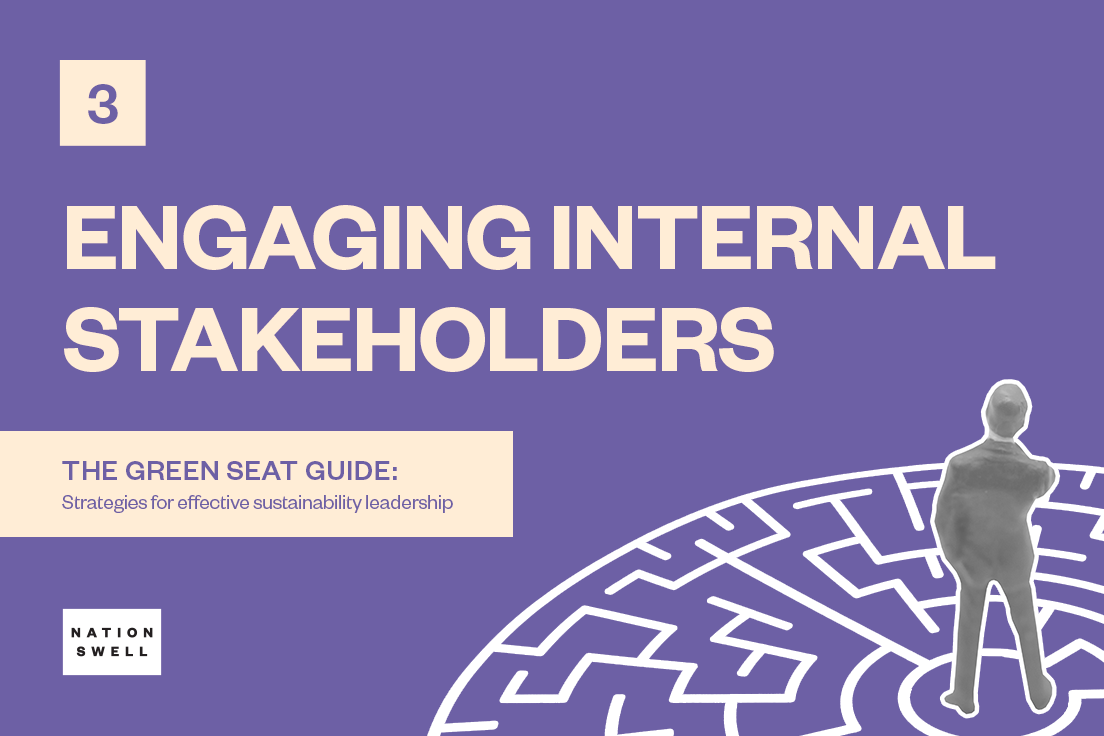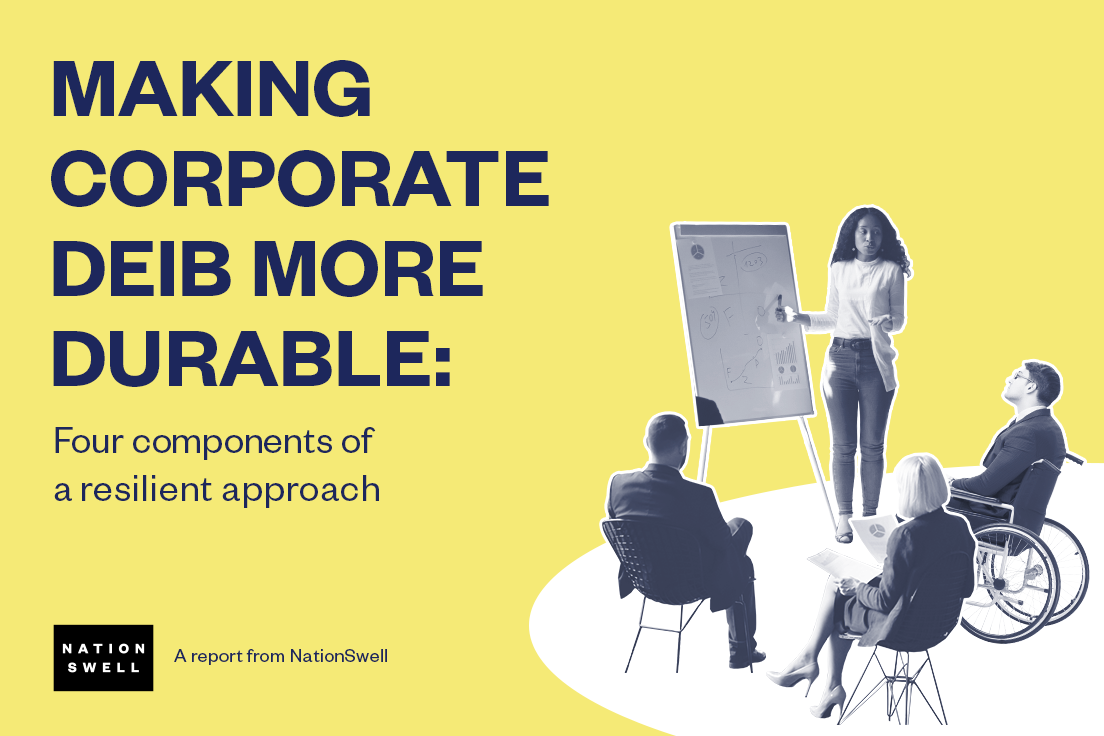Goldman Sachs 10,000 Small Businesses
Entrepreneurship is a powerful driver of economic opportunity, yet many small business owners face systemic barriers to growth, including limited access to capital, business education, and professional networks. To address these challenges, the Goldman Sachs Foundation launched 10,000 Small Businesses – a nationwide initiative designed to provide practical business education, peer support, and access to funding to help small enterprises scale and succeed. The program has supported over 16,600 graduates across all 50 states, Washington, D.C., and Puerto Rico. This case study outlines the core components that make this initiative effective and replicable.
Key components of the model:
- Selective yet accessible participation
- Durable and practical curriculum
- Strategic partnerships for scale
- Adaptive delivery model
- Lifelong learning and alumni support
- Goldman Sachs employee engagement
Notable results and impact:
- 66% of participants see increased revenue within six months
- Nearly 50% create new jobs shortly after completing the program
- 85% of alumni continue doing business with each other, demonstrating the program’s networking value
- Participants report greater confidence in financial decision-making, fueling long-term sustainability































